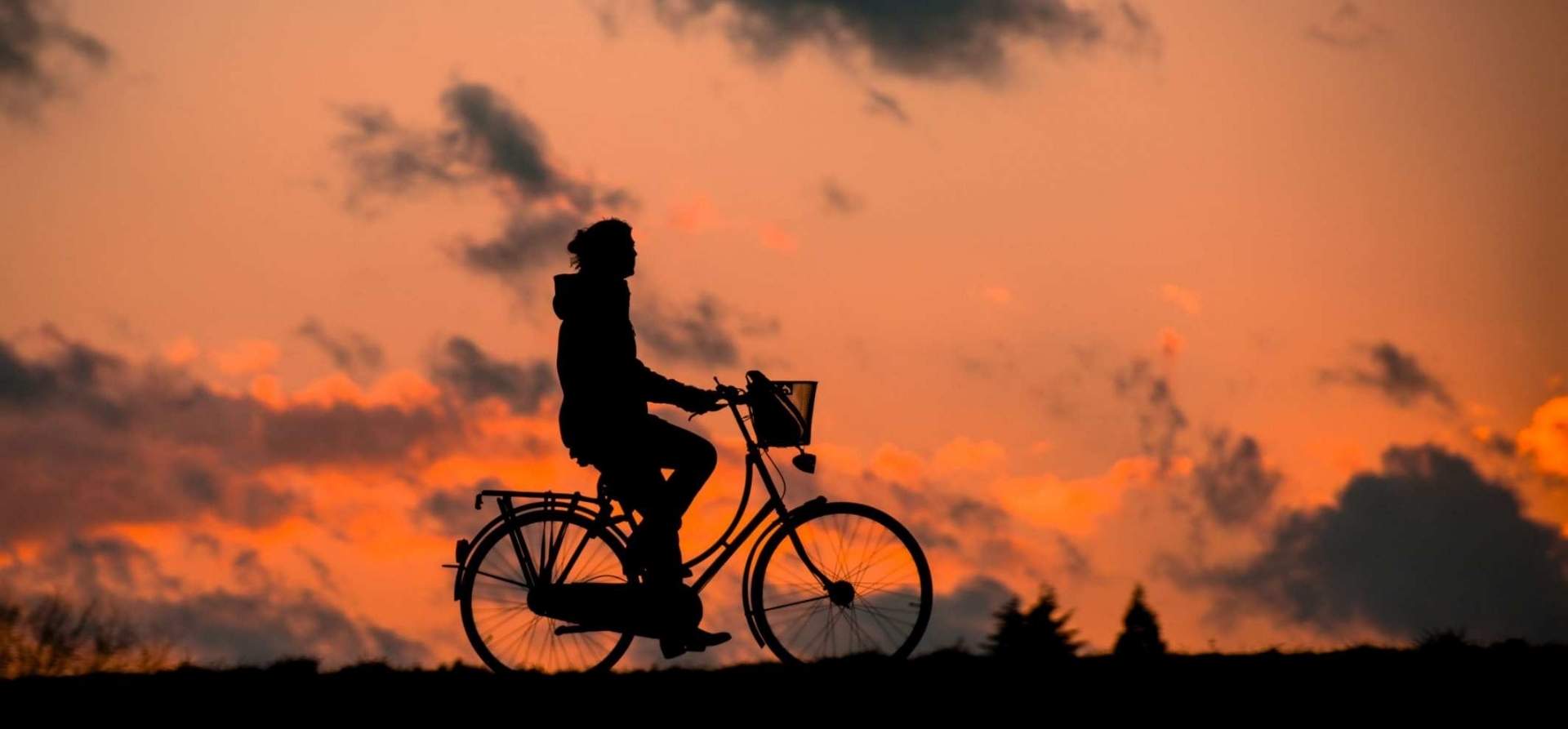Greg, a member of the Discovery team, took part in a 24 hour cycling event. Find out what he learnt from the experience.
Last weekend I took part in a cycling event that was up there with one of the best things I have ever done! It was a 24 hour team cycling event at the Manchester velodrome and reflecting on the event with this month’s ‘teams’ theme in mind made me realise how critical effective team work was in our second place success (beaten only by frequent Road CC racer cyclists!)
Despite being eager to get straight on the wheels and stuck into our training, we started out by establishing exactly what we wanted to achieve:
1) To raise as much money as possible for the incredible people at St Ann’s Hospice
2) To complete the most laps out of any team and win the event
Two clear aims. And we were totally united on them. Simple!
Next, we needed a plan. Not quite so simple. Who would cycle when during the 24 hours? How long for? When would we sleep? What supplies did we need? How could we strategically have the best chances of achieving our aims? There were so many things to consider – these aren’t even a hundredth of the questions we confronted when planning and re-planning.
As is often the case, the original plan had to change. Many times. Injuries during training meant that we needed to adapt the plan and still be able to consider our goals as achievable. Through this, we forged incredibly strong relationships, ultimately observing that we had much more “team spirit” than the first place winners!
It was a team event that required a lot of individual training. To give you an idea, we had to build up the stamina to cover over 900km in 24 hours between the six of us. So, we each had to be dedicated to putting the hours in. Like many business teams of today, the six of us are not local to one another and therefore needed to find the best ways of keeping in touch and updating one another on our progress.
What’s App was our solution. Yes, it’s just a messaging service, but it served as an excellent communication platform for us to encourage, motivate, moan (just a little) and share our training experiences.
Twitter was the next social hero in our adventure, providing a space where we could not only share our successes and challenges with friends and family as well as one another, but also promote our fundraising efforts and the event itself. We created a page dedicated to our cycling team and it was a great way for us to document ‘race day’ as well the training hours we had all put in. @the_Hulks
All of the above contributed massively to us being able to complete 3658 laps (914 km) in 24 hours, coming second place to a team who completed a mere 19 laps more than us!
In recounting this story I’ve realised how relatable many of the things we experienced are in a business context. For the best chances of becoming a high performing team, business teams need goals, a plan, individual responsibility and a collective aim. They need methods of communication that work for them and suitable ways of addressing challenges and celebrating success. With these key ingredients and the right people in the right roles, teams can only be one thing…successful.













